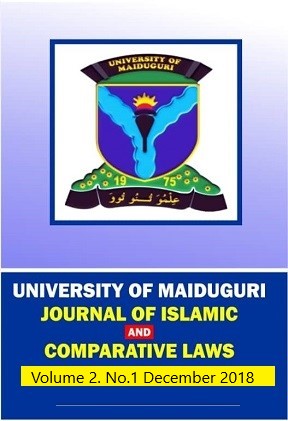A Comparative Review of Criminal Justice Models: Islamic vs Secular Perspective
ABSTRACT
In critical legal scholarship, criminal justice is often regarded as mainly a formidable
instrument of control. This has led to the argument that the whole notion of criminal justice’s
capacity to control crime and adjudicate with fairness are only rhetoric. In the general sense
however, criminal justice, whether Islamic or secular, is considered as set of rules and
processes modelled to contain and remedy against violation or infractions. Because it is a
phenomenon that responds mainly to social incidents and dynamics, it has become susceptible
to constant modification and reviews. This is particularly common with man-made laws as
priorities shift and in many cases, a response to the disappointment, which scholars associate
with the seeming exaggerated demand for efficiency in a system that is incapable of providing
one. For Islamic model, the idea of constant changes and reforms is far-fetched as rules and
procedures are defined based on standard religious texts and juristic opinions. This paper
intends to discuss the development and characteristics of both Islamic and secular models of
criminal justice, drawing inference from the orientation that shaped these models and compare
the ideas and practices that define them. The paper take particular interest in the key aspects
of crime control and due process models.
There are no reviews for this Journal.
About the Journal
About
Editorial Team
Curent issues
Archive
DOWNLOADABLES
Guide for contributors
Authors Response Form
Manuscript review Form
Make a Submission

